Dr. Nico Dosenbach, a neuroscientist at Washington University, volunteered for a groundbreaking clinical trial exploring psilocybin’s effects on the brain. This psychedelic, the active ingredient in magic mushrooms, has shown promise in treating mental health disorders.
During the trial, Dr. Dosenbach experienced an intense transformation, describing his sense of self stretching to encompass the universe.
A Transformative Journey
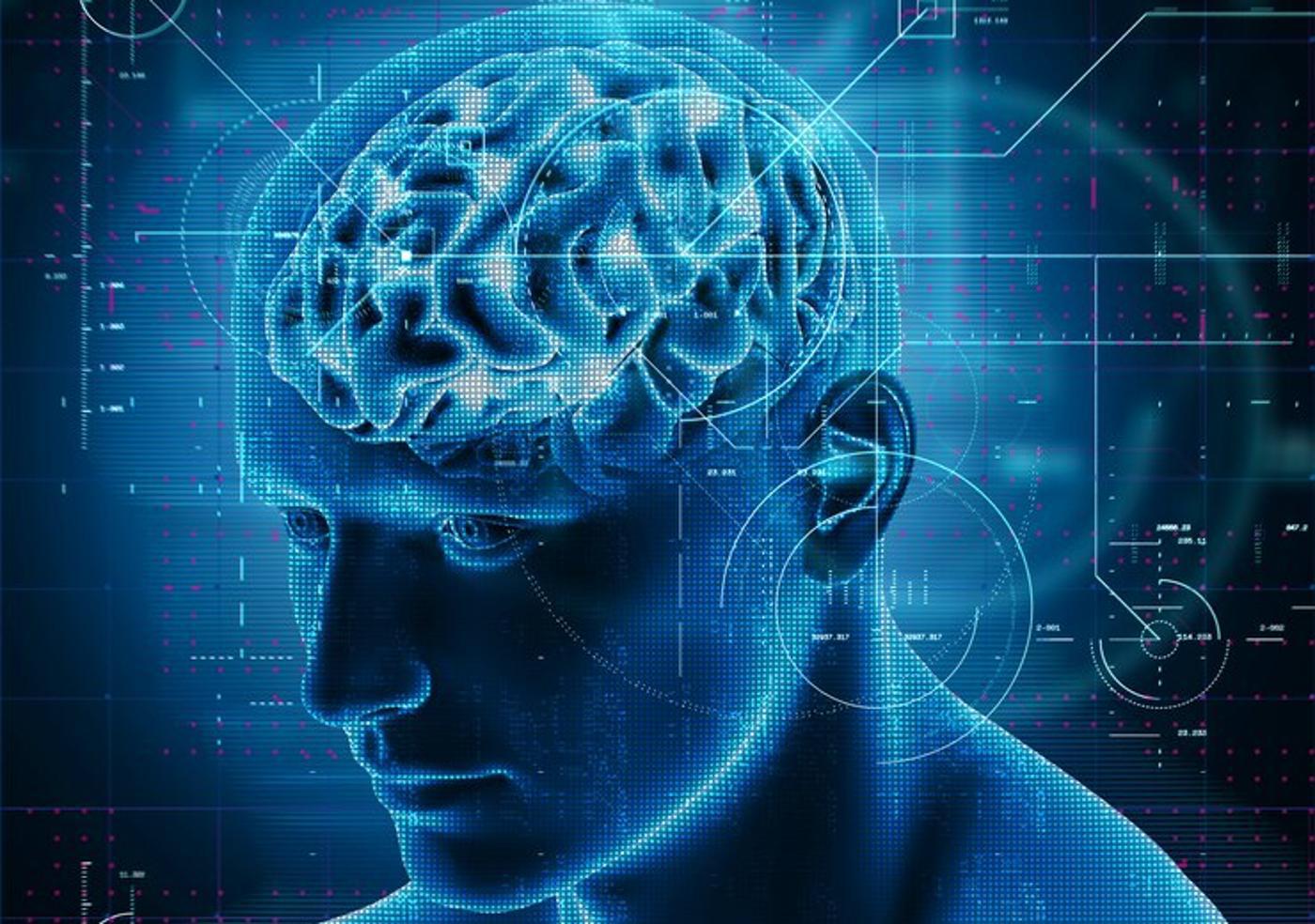
As the psilocybin took effect, Dr. Dosenbach’s experience became increasingly surreal. “My sense of self stretched like I was the universe,” he shared.
This profound feeling of unity and interconnectedness was a common theme among participants, some of whom reported near-religious experiences.
The Science Behind the Sensations
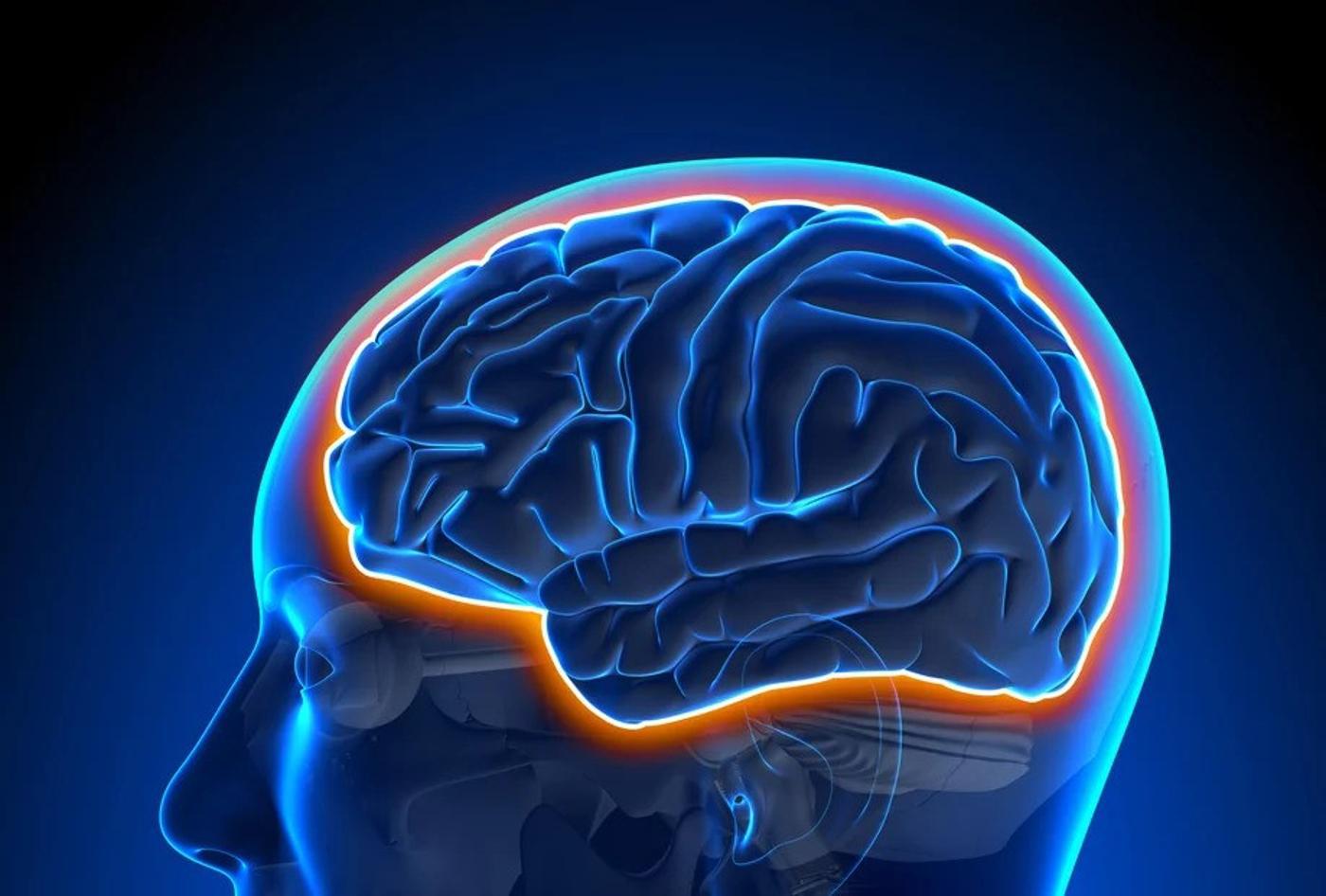
Psilocybin’s impact on the brain centers around the hippocampus, which plays a key role in self-reflection. This area of the brain helps individuals define their sense of self, much like how antidepressants work to disrupt negative thought patterns.
The trial’s findings suggest that psilocybin could offer lasting relief for conditions like depression and anxiety.
Visualizing the Brain’s Response
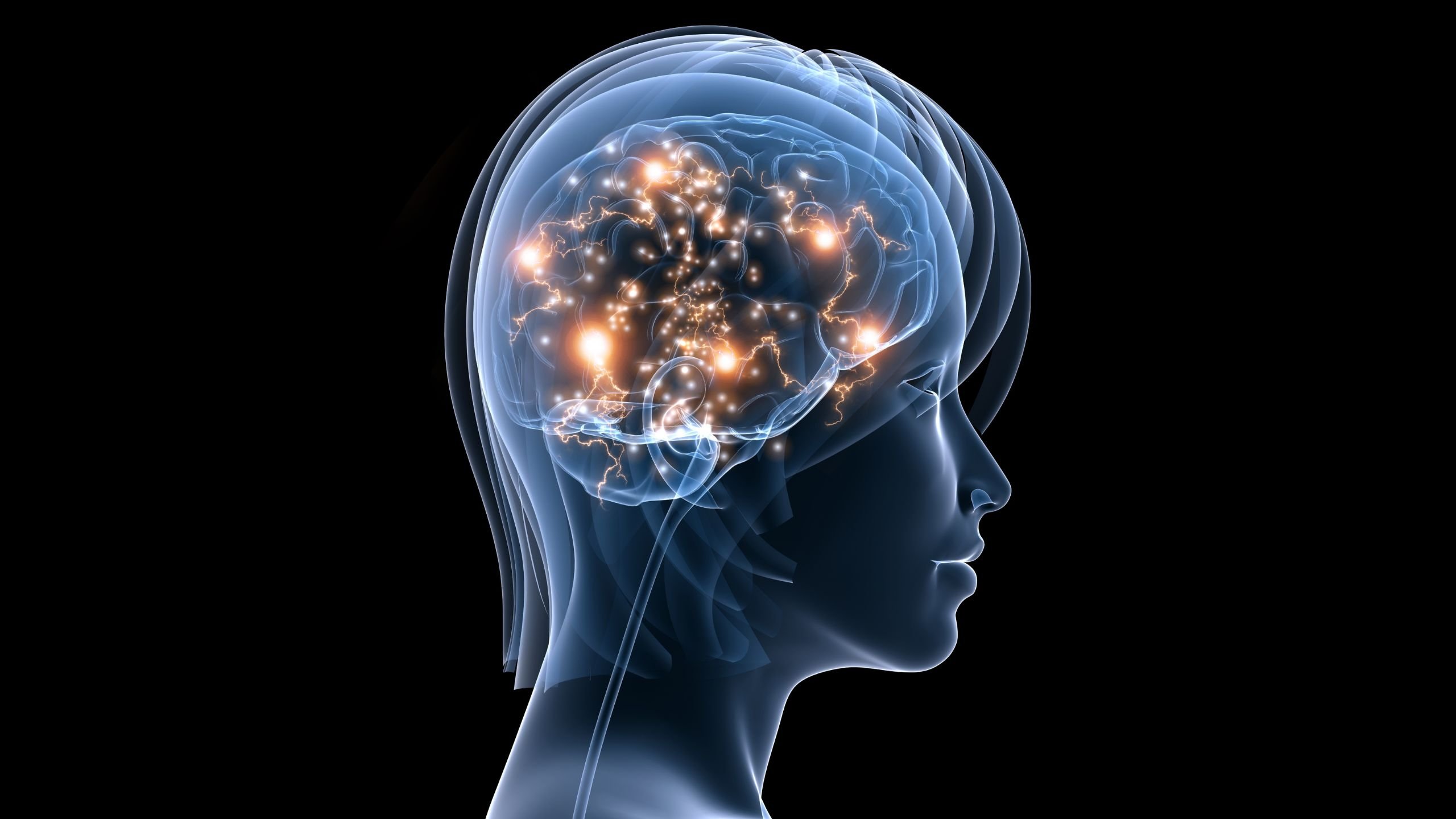
Throughout the trial, researchers conducted 18 brain scans on each participant. These scans used heat maps to show changes in brain activity, with red, orange, and yellow indicating heightened states.
The visual data provided a fascinating look at how psilocybin dramatically alters brain function, offering a unique perspective on its therapeutic potential.
An Unexpected Revelation
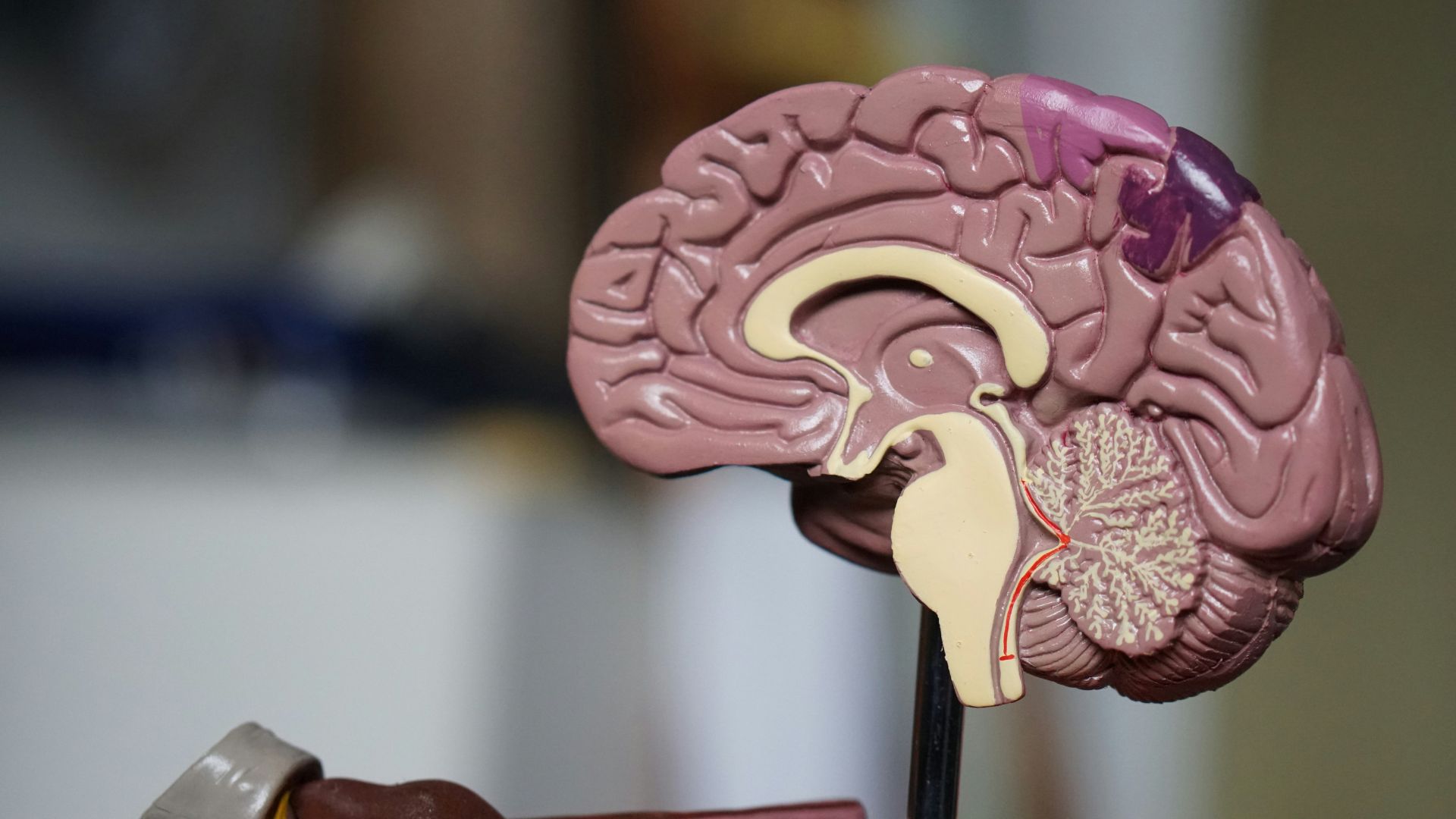
One participant reported a vivid, Biblical vision during the peak of his psilocybin experience.
He felt the light of God shining on him, a sensation pinpointed on his brain scan as occurring during a peak in desynchronization.
A Double-Blind Challenge
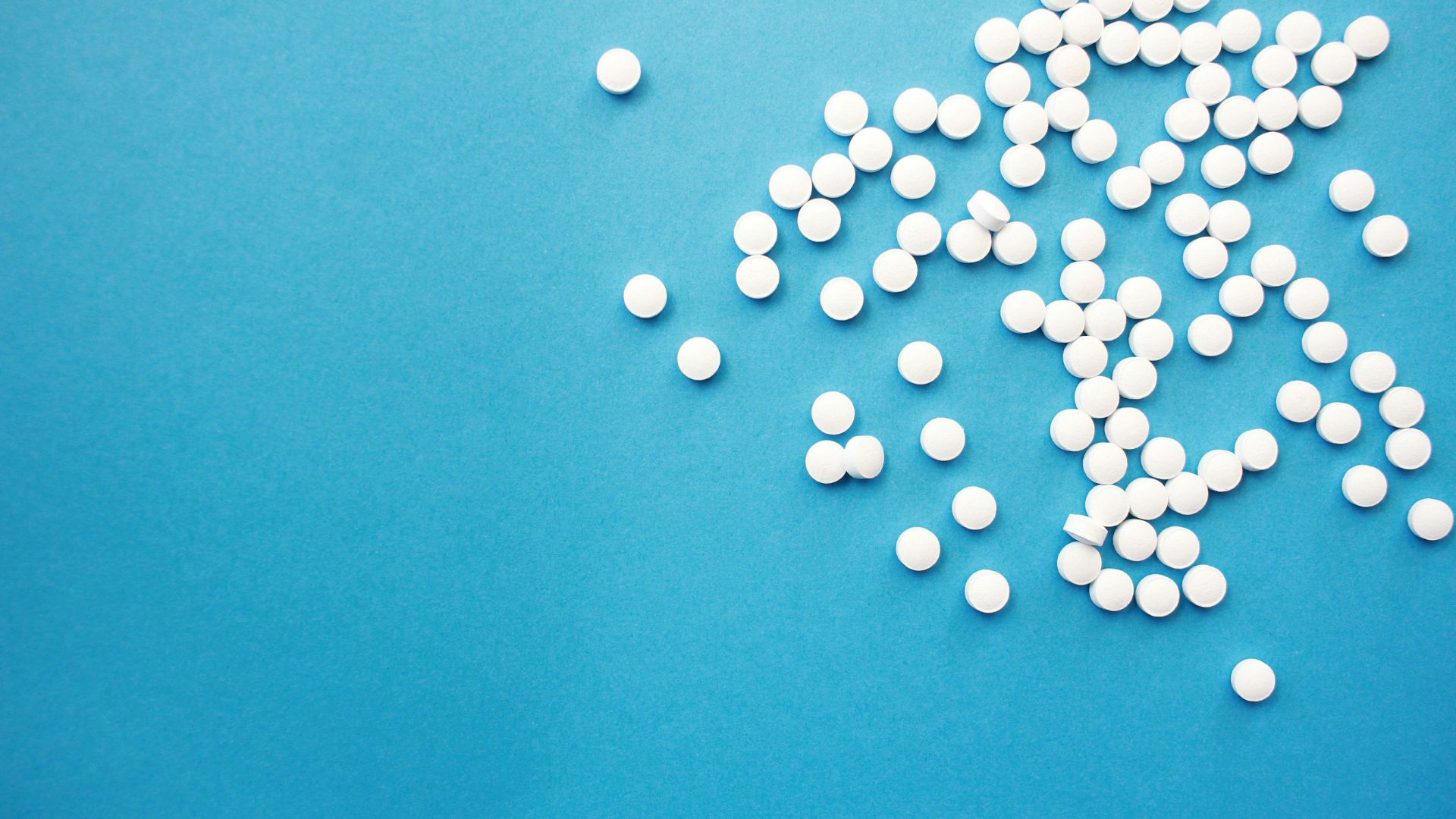
Participants in the trial were initially unaware if they had taken psilocybin or Ritalin, a stimulant used as a placebo. Dr. Dosenbach quickly realized he had consumed the psychedelic.
“I was the computer tablet, and my thoughts were like computer thoughts,” he recounted.
The Aftermath of Psilocybin
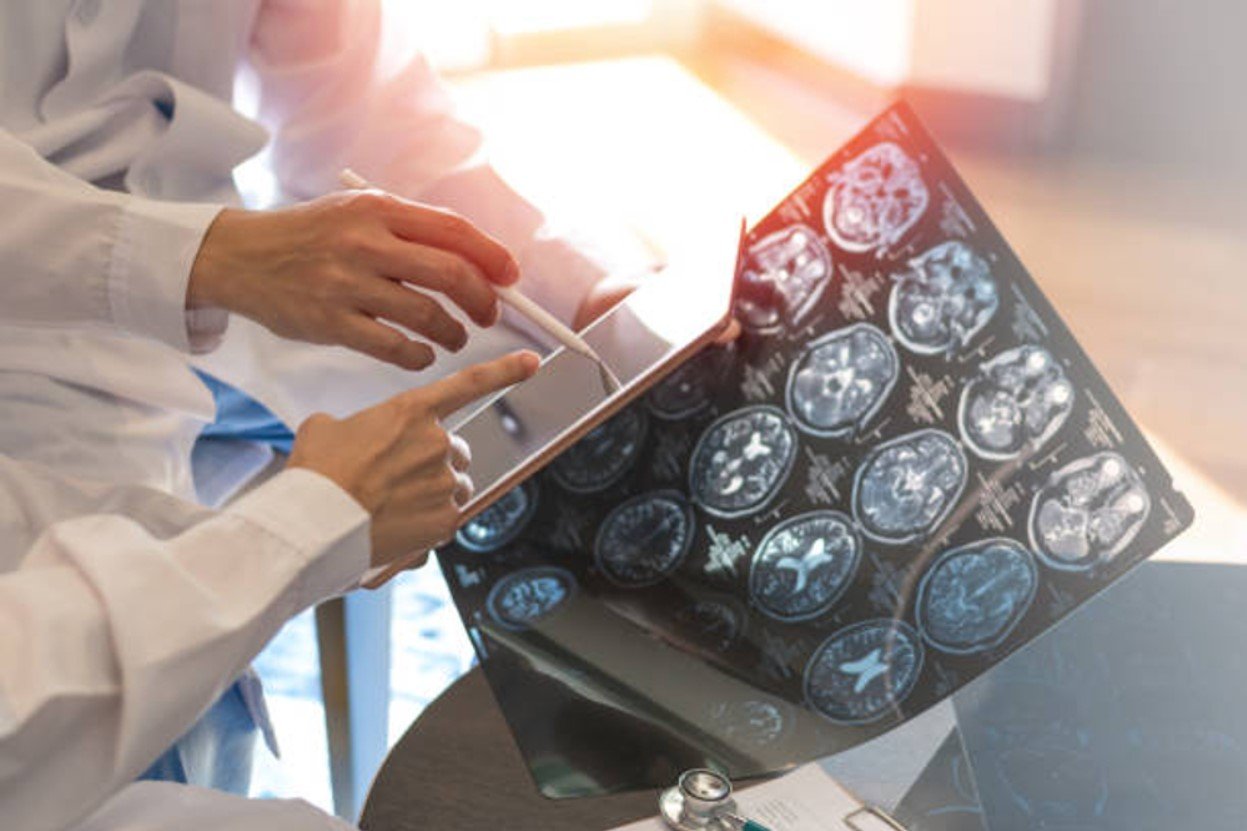
Brain scans revealed that while participants’ brain networks returned to normal within days, the connection to the hippocampus lasted up to three weeks.
This lingering effect suggests that psilocybin could provide lasting benefits for those with mental health disorders, offering a glimpse into its potential as a therapeutic tool.
Challenges and Risks
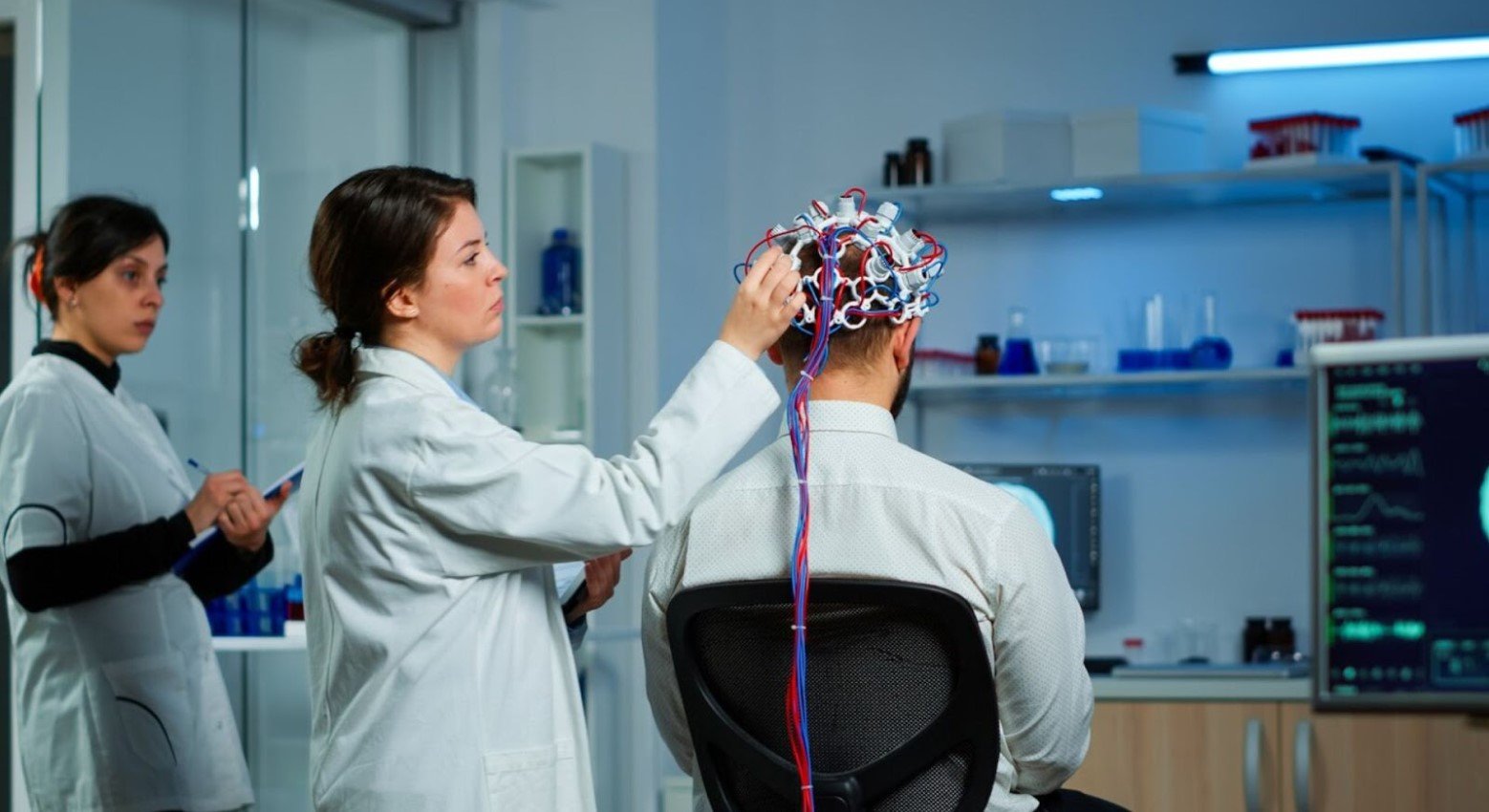
Not all participants had positive experiences. One individual who initially felt a divine presence later reported seeing demons during a follow-up session.
This variability shows the need for further research to understand how mental state, personality, and environment influence psilocybin’s effects.
A Neuroscientist’s Fascination
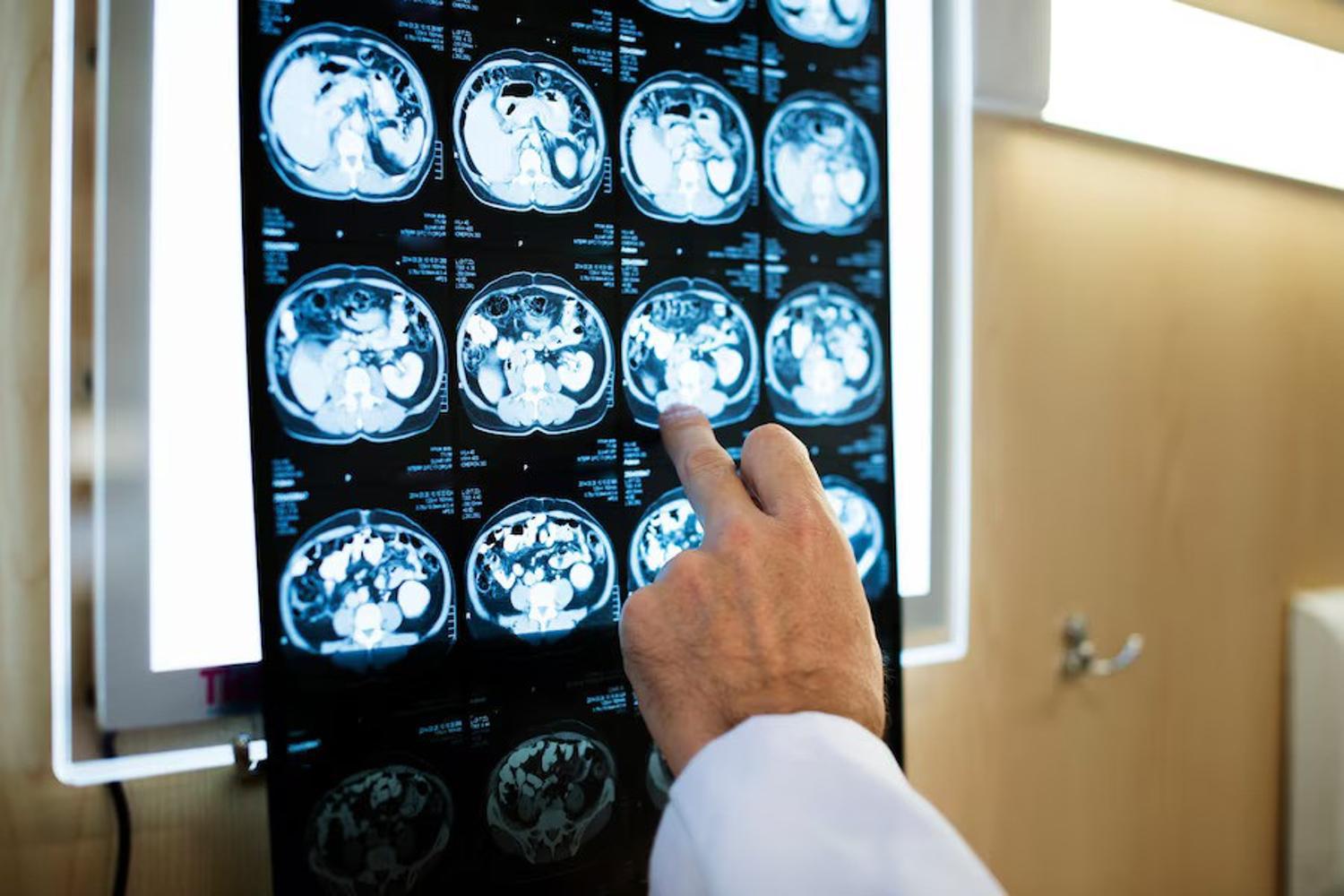
For Dr. Dosenbach, the trial was an incredible opportunity to witness his brain “fall apart” and rebuild.
“It’s really fascinating how your brain can fall apart — because how something breaks tells you how something works,” he explained.
Psilocybin’s Future in Medicine
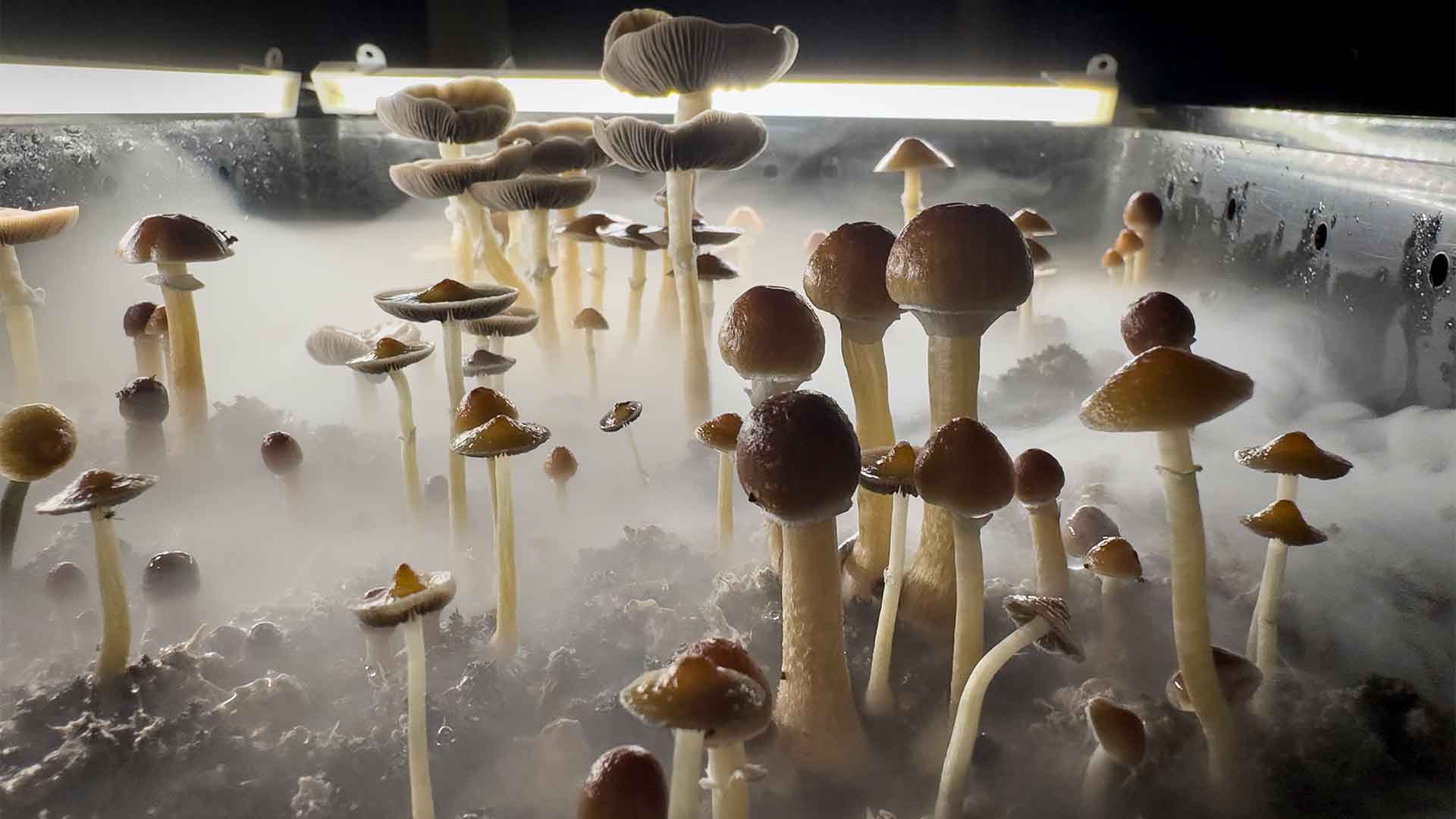
The trial’s results indicate that psilocybin has a significant impact on brain function, much greater than Ritalin.
This effect size was shocking to researchers, highlighting the drug’s potential to revolutionize mental health treatment. As research continues, psilocybin may pave the way for new therapies.
Regulatory Hurdles

Despite its promise, psilocybin remains illegal in most of the US. However, the FDA approved it as a “breakthrough therapy” drug in 2018 for clinical trials aimed at treating severe depression.
This regulatory status marks a critical step toward potentially integrating psilocybin into mainstream medicine.
A New Hope for Mental Health
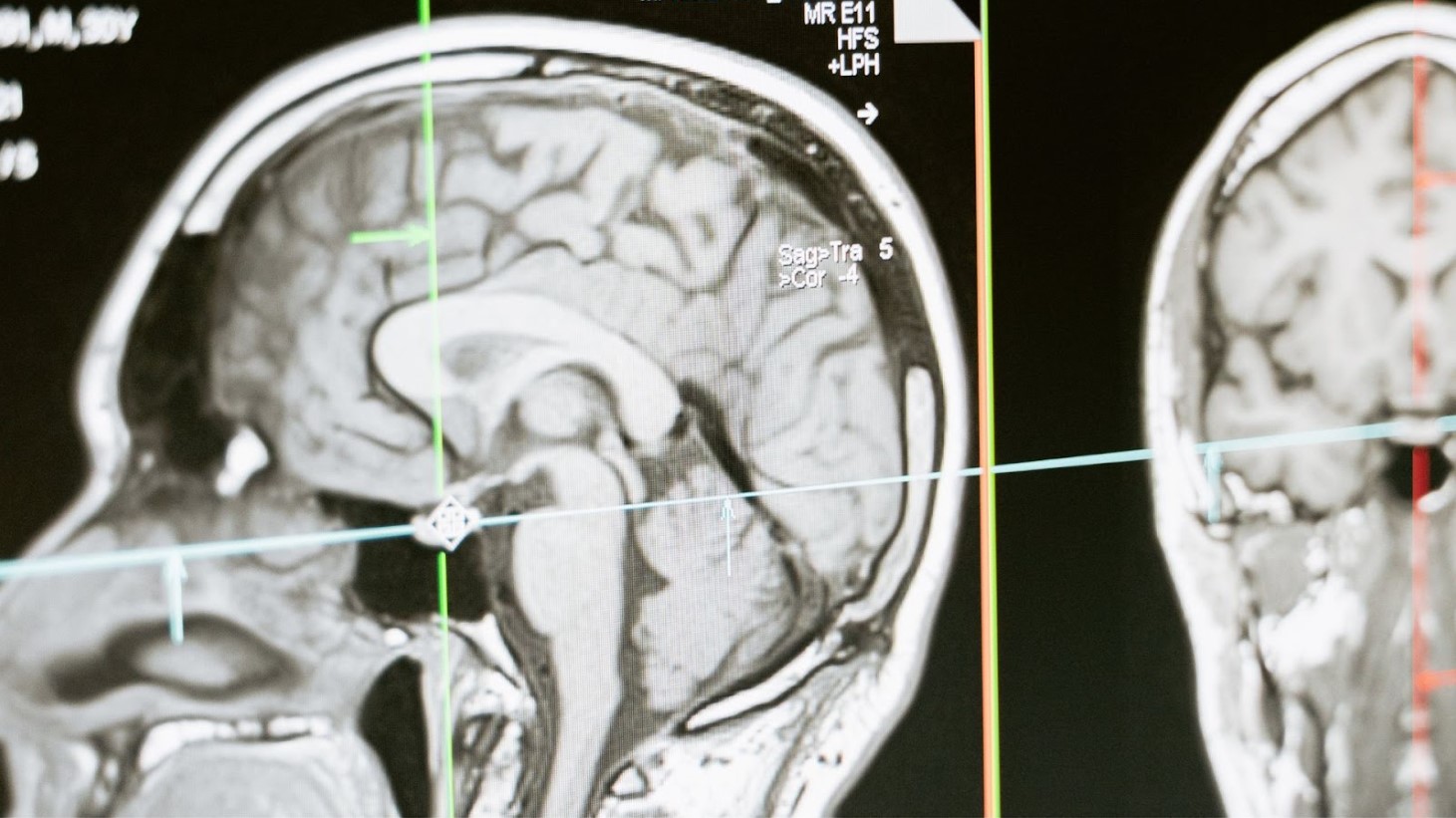
This study offers a rare and fascinating glimpse into how psychedelics like psilocybin can transform our understanding of the brain and mental health.
As researchers continue to explore its effects, psilocybin holds promise as a powerful tool for treating depression, anxiety, and other mental health disorders.
Research Continues

Interest in psychedelic drugs as mental health treatments has grown in recent years as research opens the door to the possibility of a new tool.
In Colorado, voters approved the establishment of a regulated industry around psychedelic-assisted therapy in 2022. Other states are following closely behind with their own test and research.
The Concept of Microdosing
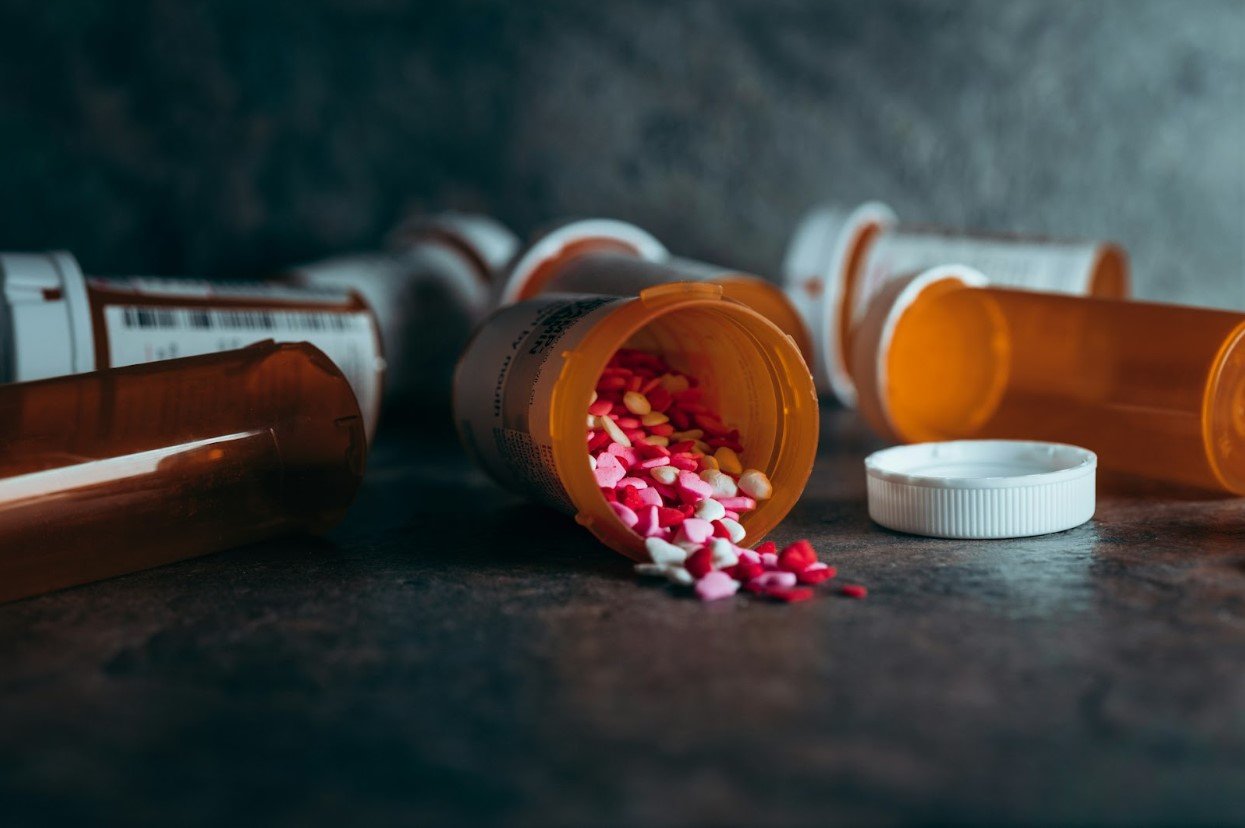
Many of the formal studies focus on the effects of ingesting large doses, but the wellness industry has popularized the concept of microdosing.
Microdosing involves taking small amounts of drugs like psilocybin as a supplement that helps rewire some parts of the brain without making a person experience a “trip.” This allows people to continue to regularly function in society.
Working on an FDA-Approved Drug
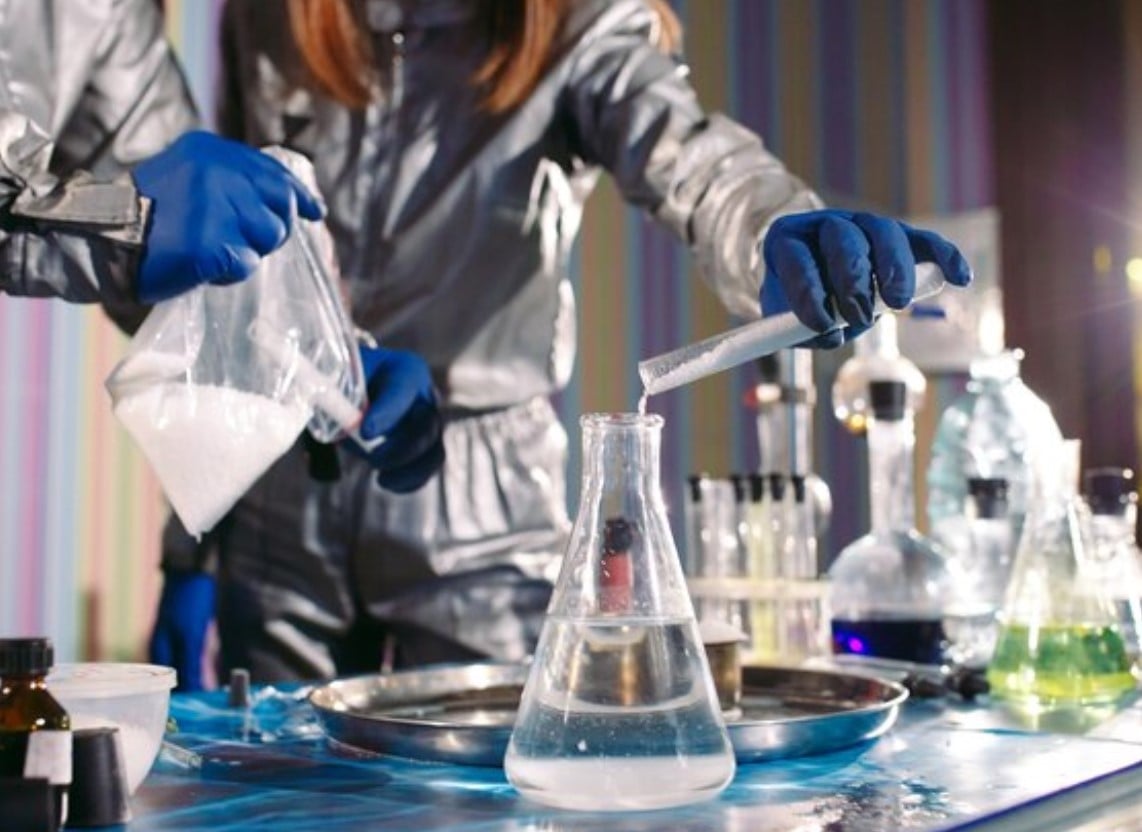
While many psychedelic drugs are still illegal in the eyes of the federal government, microdosing has inched its way into the mainstream. In some states, microdosing psilocybin has been tested as a treatment for those with bipolar disorders with great results.
In Colorado, a company is working to create a microdosing drug that could be approved by the Food and Drug Administration.
Proving the Psychedelic Works
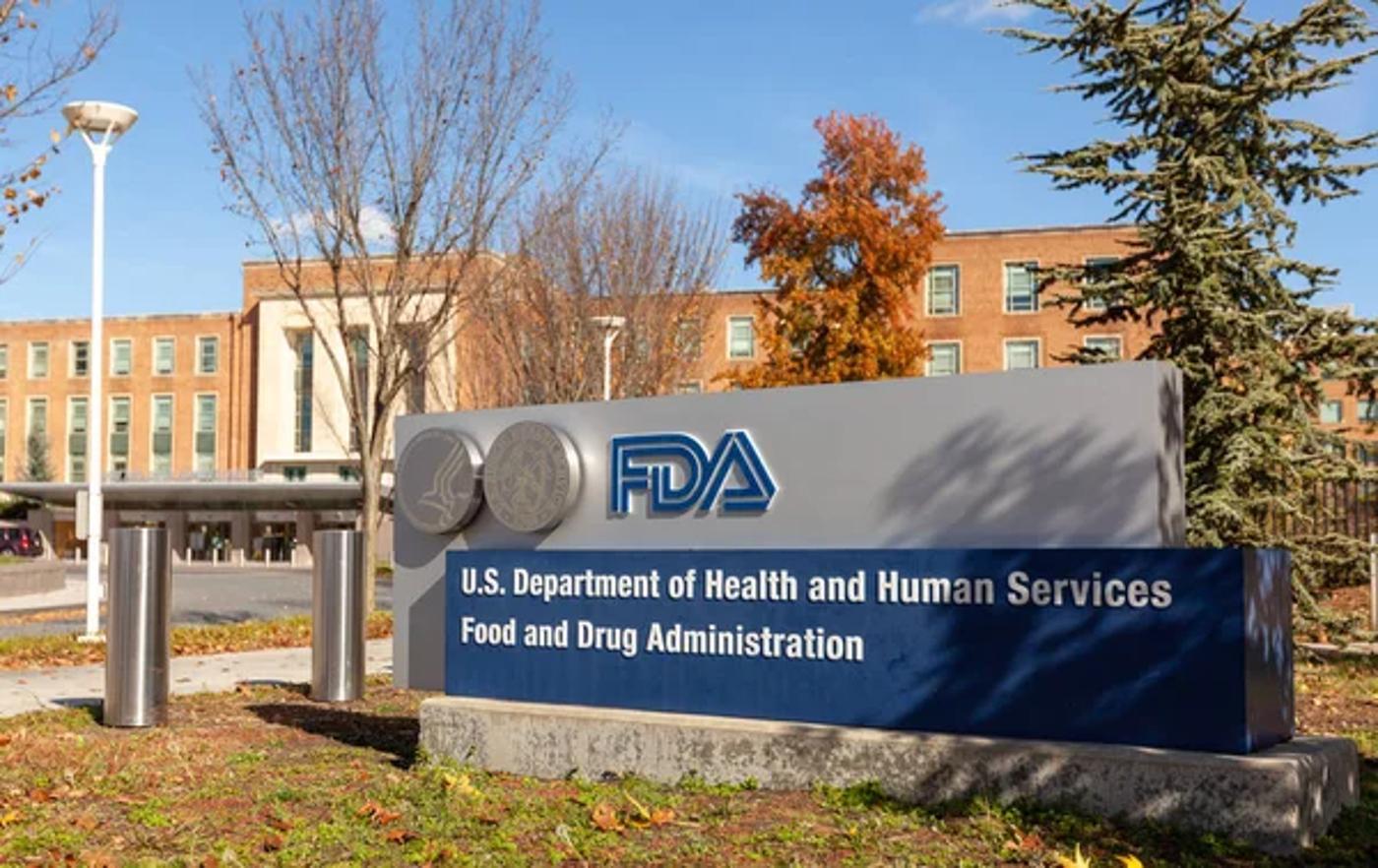
Unfortunately, no drug can be approved by the FDA if it is not proven to work. At this moment, scientists cannot agree on whether or not these psychedelics are working.
These studies have not been extensive, but the various methods used often come with varying results. Much of the available data comes from observational studies. Users share anecdotal information about their experiences in these tests.
Mixed Results

Studies in placebo-controlled settings show that there is a minimal difference between people who get an active drug versus a placebo, suggesting that there is a participant bias at play in these studies.
When people expect to see positive results from microdosing, they perceive them that way. This is also known as the placebo effect.
Sparking a Debate

rawpixel.com/Freepik
This paradox has sparked a bigger debate in psychedelic circles, creating friction between traditional methods of investigating a new drug and burgeoning enthusiasm for psychedelics’ potential medical applications.
Understanding how to investigate the effects of these new drugs could reshape the future of the sector.
The Rise of Microdosing as a Tool

Many point to Jim Fadiman for the rise of microdosing as a mental health tool. His book, “The Psychedelic Explorer’s Guide,” popularized the concept after he recounted his journey learning about the practice and its effects.
Fadiman began studying these drugs in the 1960s, primarily focusing his studies on the effects of ingesting large doses.
The Test

Eventually, Fadiman became interested in microdosing after hearing that Swiss chemist Albert Hofmann had done it. Curious about the effects of microdosing, Fadiman launched the first formal research into modern microdosing in 2010.
The study mailed 100 willing participants nationwide blotters with 10 micrograms of acid and asked them to write back about their experiences.
The Results

“I got reports like a little outline, like two lines a day, and also got people who wrote well over 2,000 words a day,” Fadiman said.
“I got a lot of signs that said there’s something here. There is some real effect and people notice it.”
The Research Continues
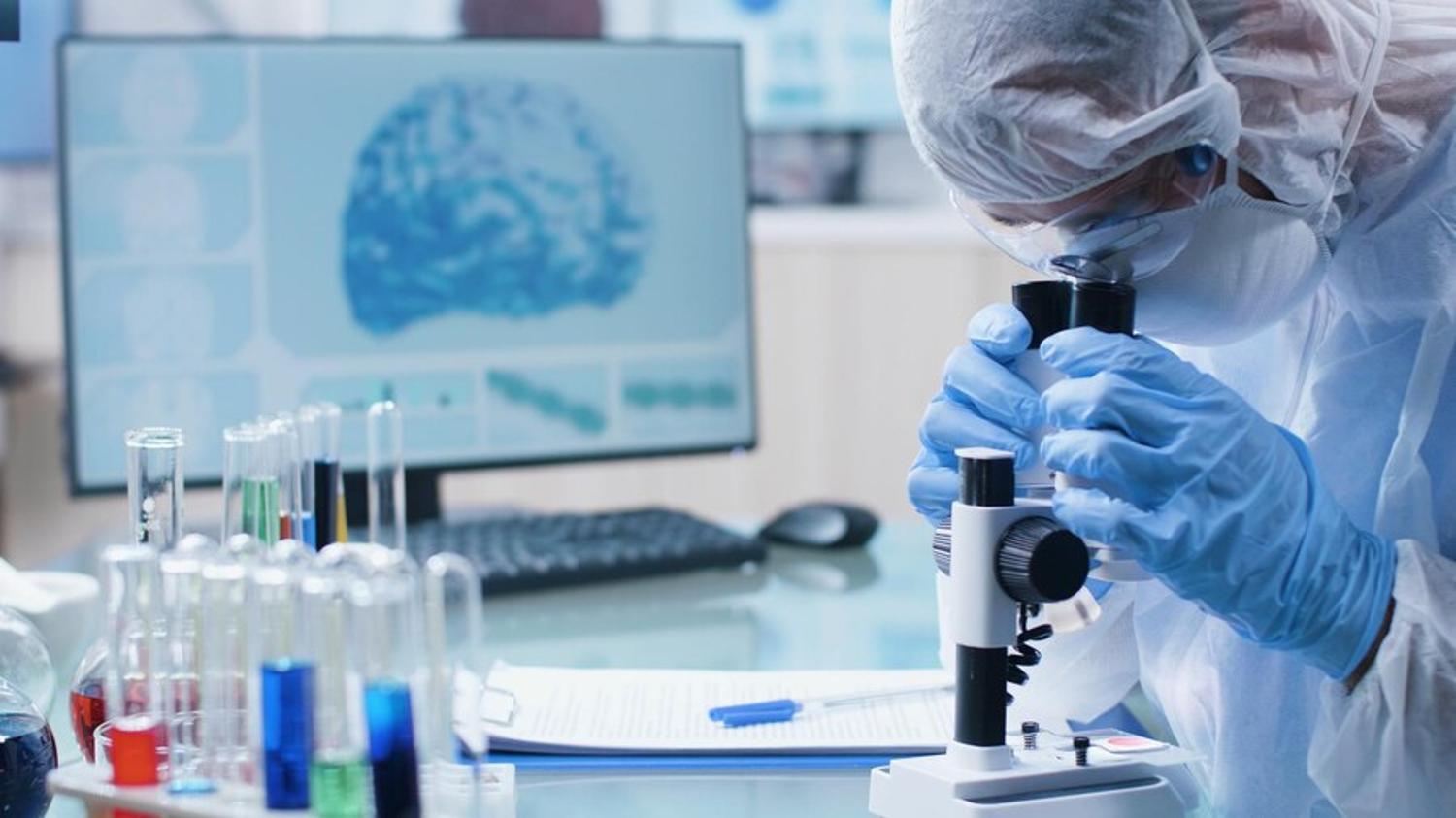
While Fadiman has stopped mailing out microdoses to willing participants, he continues to collect personal accounts from people who are willing to share their experiences for the sake of research.
The vast majority of people report positive effects, saying that the test has helped them manage conditions like depression, anxiety, and attention-deficit/hyperactivity disorders.
More Like a Vitamin Than Medication
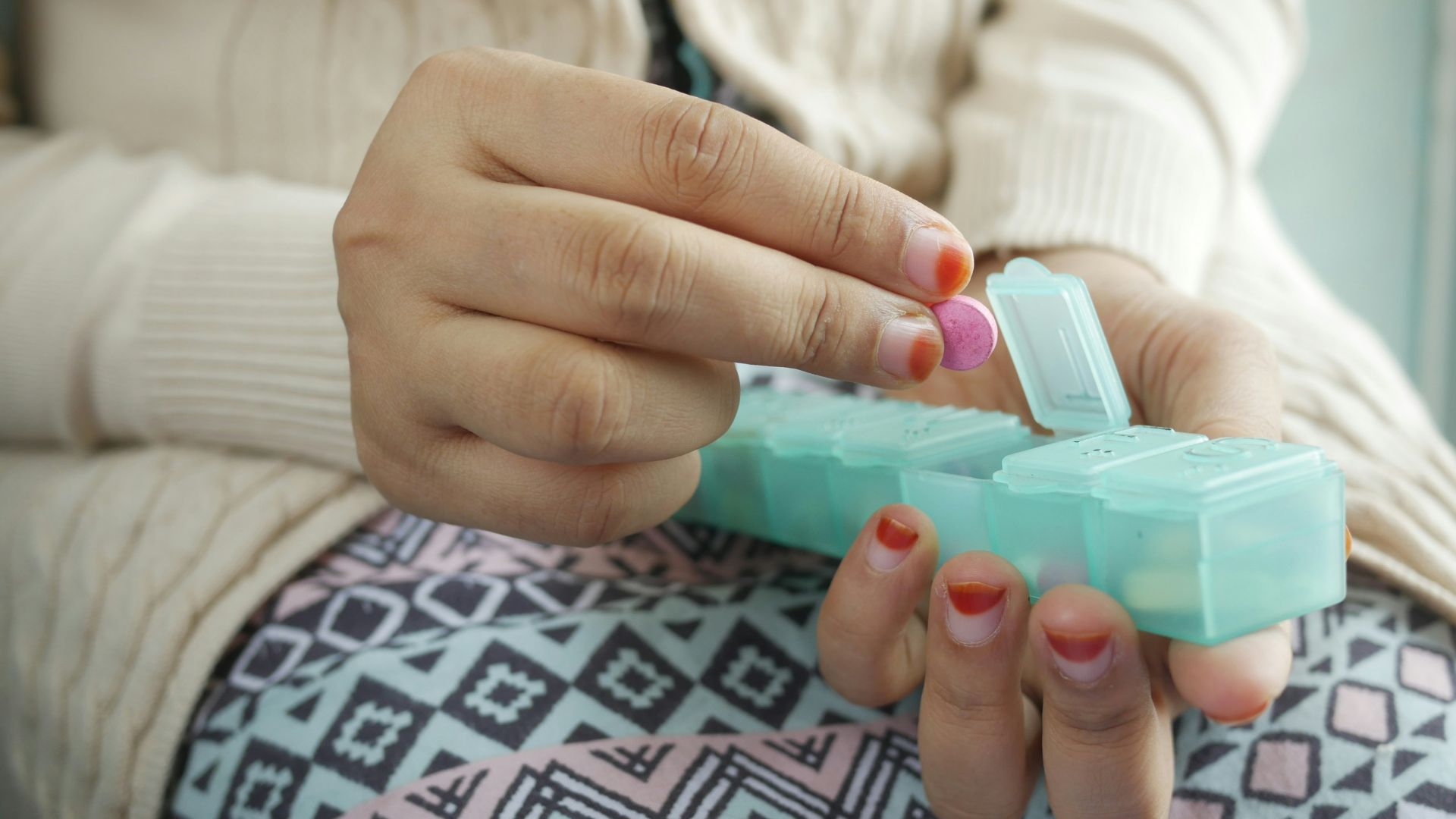
Based on his trove of anecdotes, Fadiman likens microdosing to a tune-up for the whole system. “Medications are very symptom-specific. If you have a headache, a backache, a stomachache, a tremble, those all (need) different medications,” he said.
“But if you take a vitamin, the assumption is it helps your system. Microdosing is much more akin to a vitamin than to a medication.”
Why Do People Microdose?
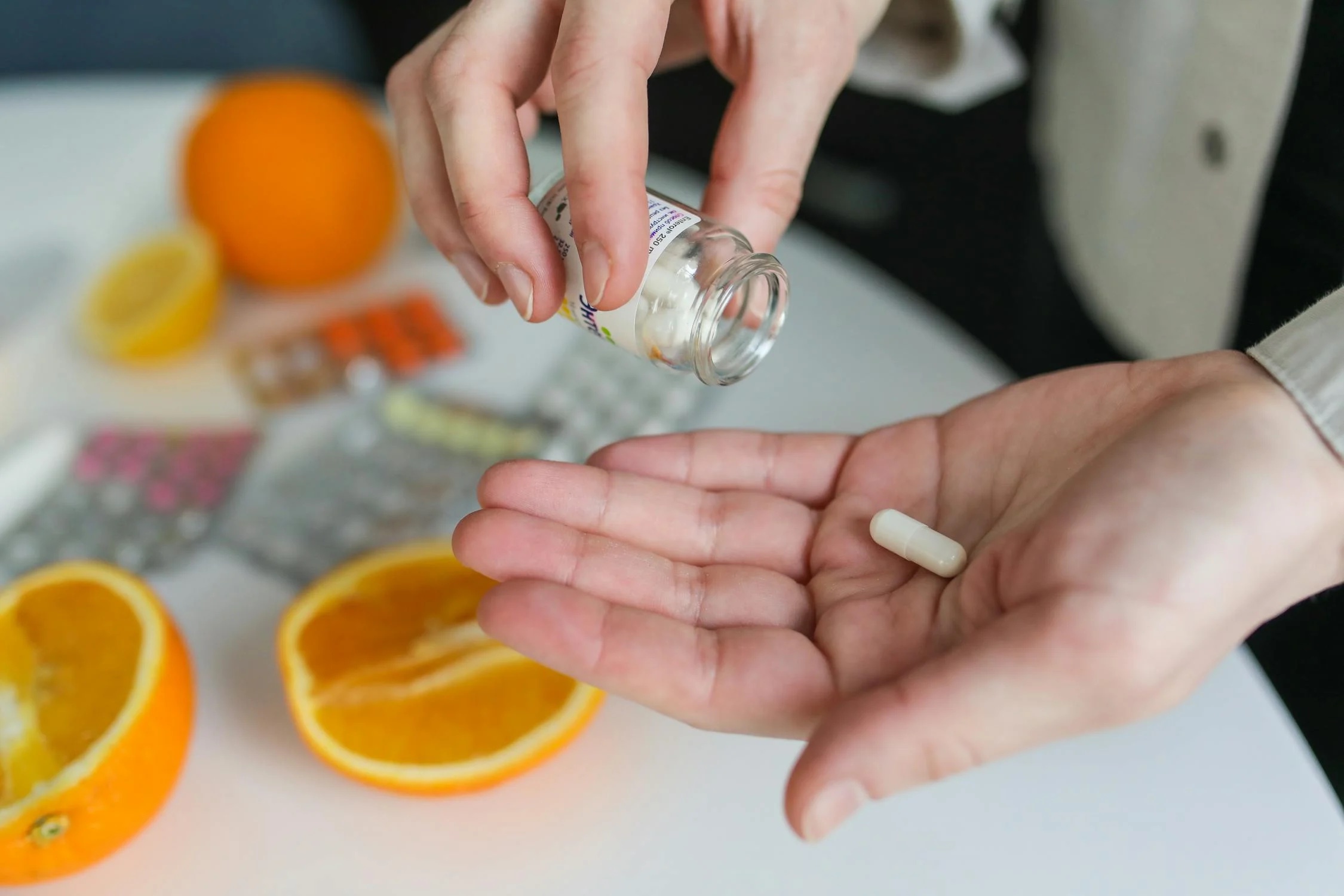
Principal investigator Zach Walsh, who is also a professor at the University of British Columbia and a clinical psychologist, launched a study to understand how and why people microdose using microdose.me to collect data.
According to the Denver Post, “The most popular reasons for microdosing are to enhance mindfulness (82.9%), to improve mood (76.1%), to enhance creativity (74.1%), to enhance learning (58.1%) and to decrease anxiety (57.4%).”








































